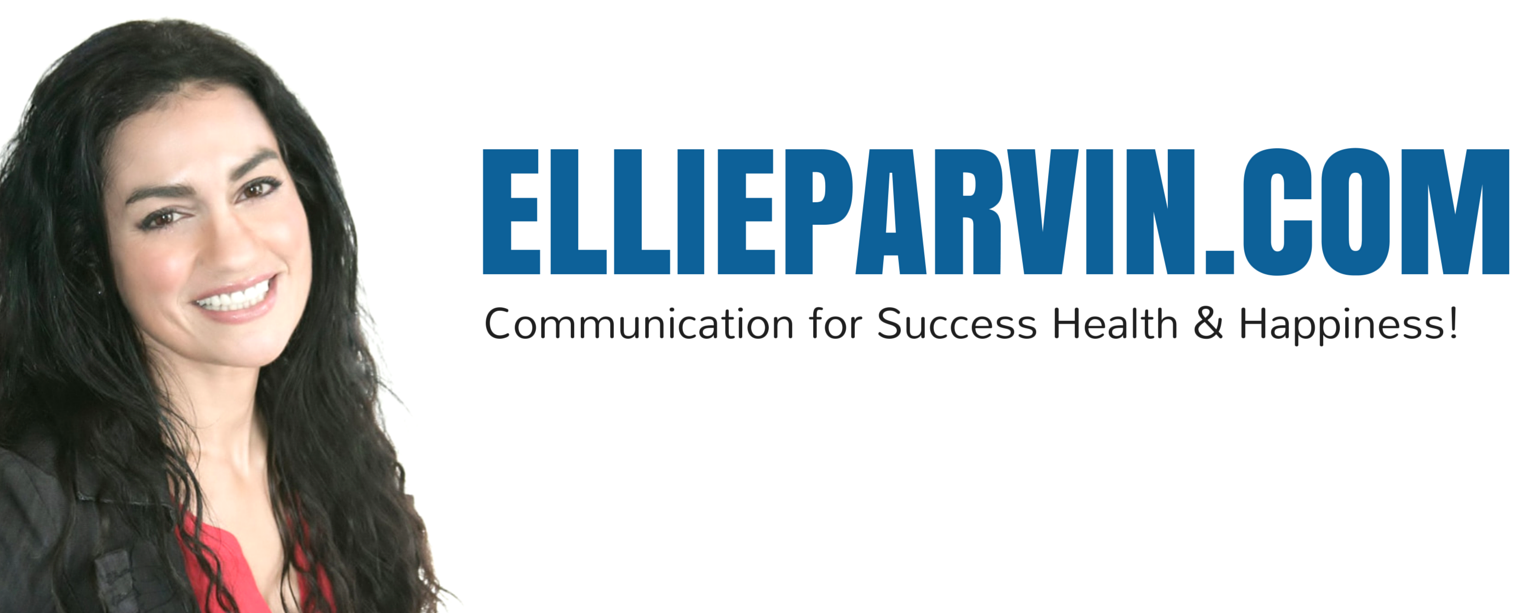3 Tips to help improve your listening skills
As a communication professor, I hear this well-known quote among my colleagues often:
“The biggest problem with communication is that we do not listen to understand, we listen to reply.”
We find this issue prevalent in today’s culture more than ever with the growing use of technology and its many distractions that weaken our ability to connect with others.
AWARENESS CHECK:
The next time you have a conversation with a group of people, take a step back and see what others do. You’ll will most likely see that people don’t really wait, they jump to answer, they reply fast and with an idea that is not necessarily thought-provoking as it is a matter of conjecture. People don’t truly listen, they are quick to speak and quick to voice opinion rather than truly listening to the entire speaker’s message or story.
Listening is a vital part of learning, living, and most importantly relationship building. Here are some tips to help you advance your listening skills.
Three Tips to improve your Listening Skills
Don’t Speak First
When in conversation, especially one that goes through a variety of topics, don’t immediately reply. Let the information filter in your mind before you think about what the next response will be. You’ll have to focus on the words that are being stated and contrast that with your own opinion. Highlight fact and opinion separately so that you can get a response that is equally thoughtful. If you take a moment to think about what is stated, you will find that you will have a more fulfilling conversation with someone.
Maintain Eye Contact and Focus
The hardest thing to do for some is maintain eye contact. You have to make sure that you’re able to maintain your composure, look into their eyes (or at their nose – staring into their eyes too long is just scary) and just focus on the conversation. When you look away or you are focusing on other things, you will start to wander off in your mind. However, if you maintain eye contact and listen to the words spoken, you will see an improvement in your retention, memory and concentration. Even if you’re shy or introverted, this will help you gain composure and confidence over time. Practice in the mirror if you have to, it will pay off.
Never Interrupt
Even if the person that you’re speaking to is completely off base, wrong or you don’t feel that they are making sense, let them finish. This may be tough, it may even pull at your nerves, but you have to let them finish. When you allow someone to get a full thought out then you can systematically respond appropriately. Don’t interrupt, don’t push your way into the conversation, let it flow naturally.
Remember, if you are thinking about how to respond to what the other person is saying, then you are not listening. You don’t have to respond instantly. Acknowledge the speaker with an appropriate nonverbal confirmation response (For example, a nod of the head or a hand on the shoulder). Then if you would like to respond, let the person know your thoughts or feedback.
Honing our listening skills and practicing is really what it takes to improve our listening habits. Trust me, this is something I have been working on myself.
What are your Listening habits like? I’d love to know so share below!



